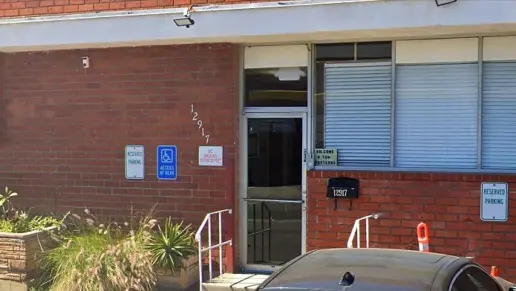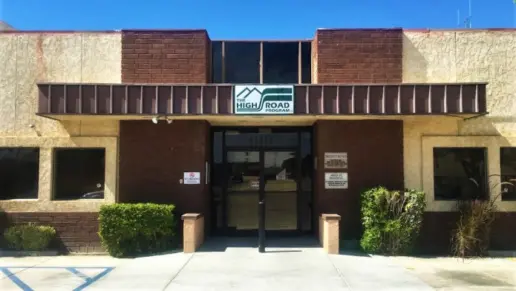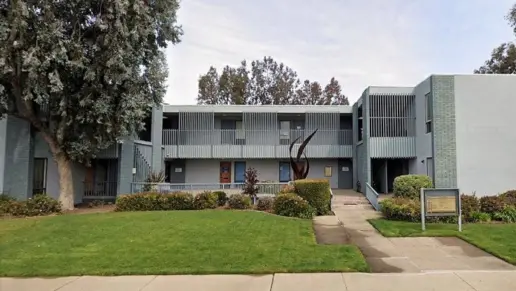About Mills – Peninsula Medical Center
Mills - Peninsula Medical Center is a healthcare organization located in Burlingame, California. The center offers treatment for substance use disorder, alcohol use disorder, opioid use disorder, gambling addiction, and other co-occurring mental health and behavioral health disorders, including eating disorders. Mills-Peninsula Medical Center provides inpatient treatment, a partial hospitalization program (PHP), an intensive outpatient program (IOP), outpatient treatment, dual diagnosis, and aftercare. Specialized programs are available for children, teenagers, young adults, and the elderly. Mills - Peninsula Medical Center is part of the Sutter Health network.
Mills – Peninsula Medical Center provides physical and psychological evaluations and a personalized treatment plan for clients entering inpatient care. Care can include electroconvulsive therapy (ECT), occupational therapy, group and individual counseling, and inpatient detoxification. Clients share a room with one other person, receive meals, engage in activities in a common community room, and participate in scheduled Alcoholics Anonymous/Narcotics Anonymous meetings and events.
Partial hospitalization is the first step for clients transitioning into sober living. Clients receive group therapy and peer support to build networks. Mills – Peninsula Medical Center may also provide case management, occupational therapy, cognitive behavioral therapy (CBT) and dialectical behavioral therapy (DBT) to build strong social relationships.
Mills – Peninsula Medical Center offers a range of outpatient programs, including group and individual therapy, psychiatric evaluation, and medication monitoring and guidance. IOP treatment emphasizes life-skills development and emotion regulation skills.
Mills – Peninsula Medical Center features different programs for clients, depending on age. Teenage clients may receive group counseling in self-harm, depression, and substance abuse, while adults may enter intense group therapy that levels off from three times per week to once each week. Seniors may receive therapy centered around aging, job loss, and the grief process. For seniors, IOP treatment occurs 3-4 times a week, with meals included.
Clients continue to receive care and support post-treatment, including follow-up visits, education, resources, and peer support. Specialized aftercare programs for teenagers, young adults, and the elderly may include group sessions once per week. Additional referrals for specialized care in outside facilities may be available.
Mills – Peninsula Medical Center is accredited by The Joint Commission.
Mills – Peninsula Medical Center is in-network with many insurance providers, including Aetna, Alignment, Anthem Blue Cross Blue Shield, Cigna, Health Net, HealthSmart, Magellan Health Services, Pacific Health Alliance, Sutter Health, TRICARE, United Healthcare, and Valley Health Plan. Please check with your insurance provider for specific details concerning out-of-network coverage.
Facility Overview
Latest Reviews
Rehab Score
Gallery
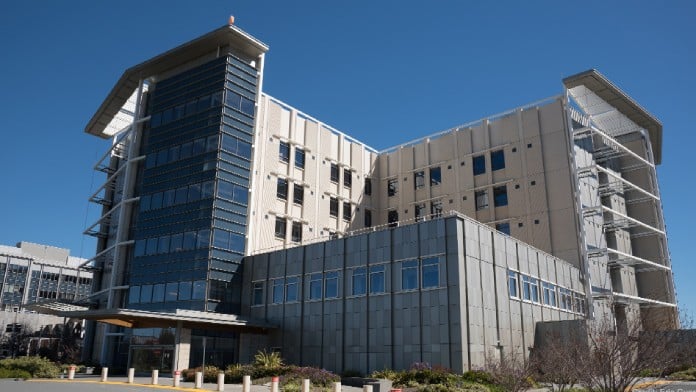
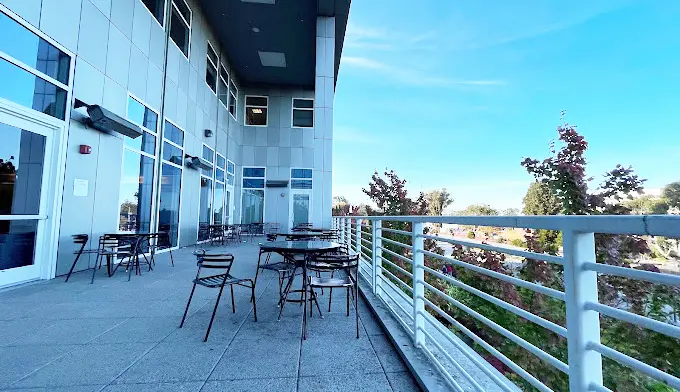
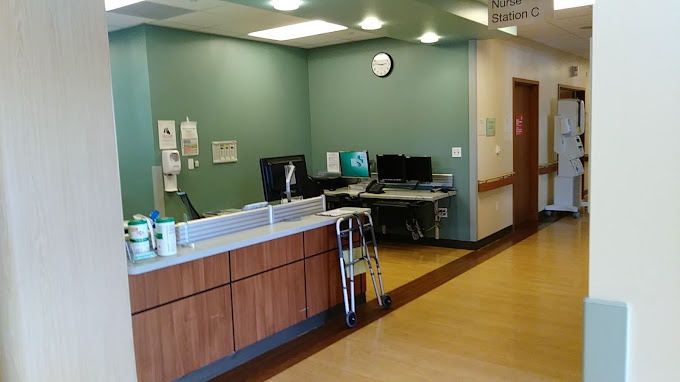
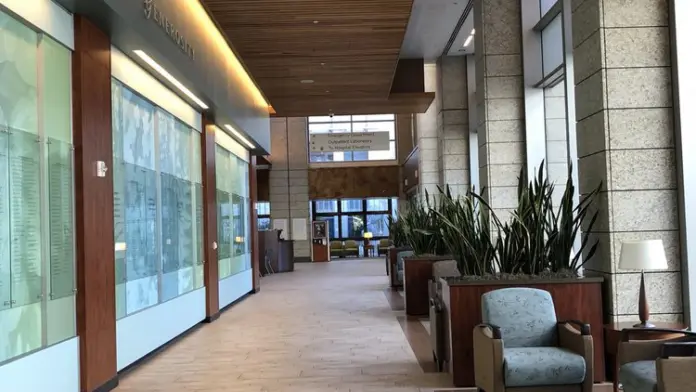
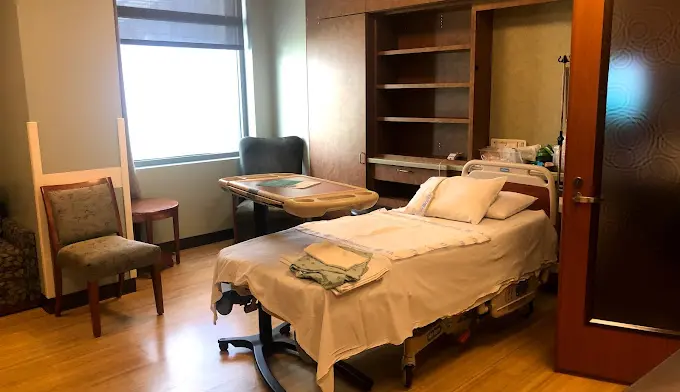
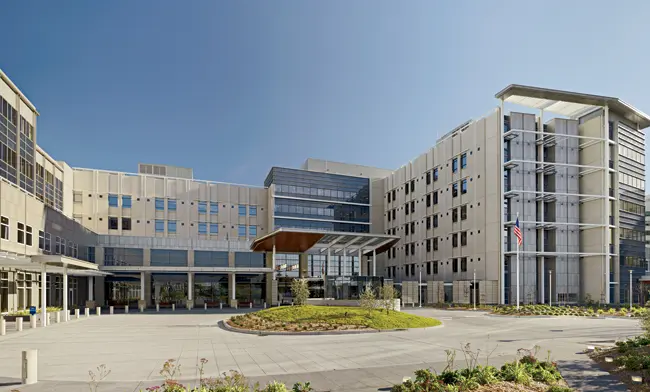
Location
Other Forms of Payment
Private insurance refers to any kind of healthcare coverage that isn't from the state or federal government. This includes individual and family plans offered by an employer or purchased from the Insurance Marketplace. Every plan will have different requirements and out of pocket costs so be sure to get the full details before you start treatment.
Self-pay involves paying for treatment out of your own pocket. You can use savings or credit, get a personal loan, or receive help from family and friends to fund your treatment. If you don't have insurance or your insurance plan doesn't cover a specific program, self-pay can help ensure you still get the care you need.
Financial aid can take many forms. Centers may have grants or scholarships available to clients who meet eligibility requirements. Programs that receive SAMHSA grants may have financial aid available for those who need treatment as well. Grants and scholarships can help you pai for treatment without having to repay.
Medicare is a federal program that provides health insurance for those 65 and older. It also serves people under 65 with chronic and disabling health challenges. To use Medicare for addiction treatment you need to find a program that accepts Medicare and is in network with your plan. Out of pocket costs and preauthorization requirements vary, so always check with your provider.
Military members, veterans, and eligible dependents have access to specific insurance programs that help them get the care they need. TRICARE and VA insurance can help you access low cost or no cost addiction and mental health treatment. Programs that accept military insurance often have targeted treatment focused on the unique challenges military members, veterans, and their families face.
Addiction Treatments
Levels of Care
Treatments
The goal of treatment for alcoholism is abstinence. Those with poor social support, poor motivation, or psychiatric disorders tend to relapse within a few years of treatment. For these people, success is measured by longer periods of abstinence, reduced use of alcohol, better health, and improved social functioning. Recovery and Maintenance are usually based on 12 step programs and AA meetings.
Drug rehab in California teaches participants constructive ways to stay clean and sober. Treatment revolves around helping individuals stop using the substance they are addicted to and learn healthy habits to avoid relapse.
Many of those suffering from addiction also suffer from mental or emotional illnesses like schizophrenia, bipolar disorder, depression, or anxiety disorders. Rehab and other substance abuse facilities treating those with a dual diagnosis or co-occurring disorder administer psychiatric treatment to address the person's mental health issue in addition to drug and alcohol rehabilitation.
A combined mental health and substance abuse rehab has the staff and resources available to handle individuals with both mental health and substance abuse issues. It can be challenging to determine where a specific symptom stems from (a mental health issue or an issue related to substance abuse), so mental health and substance abuse professionals are helpful in detangling symptoms and keeping treatment on track.
Opioid rehabs specialize in supporting those recovering from opioid addiction. They treat those suffering from addiction to illegal opioids like heroin, as well as prescription drugs like oxycodone. These centers typically combine both physical as well as mental and emotional support to help stop addiction. Physical support often includes medical detox and subsequent medical support (including medication), and mental support includes in-depth therapy to address the underlying causes of addiction.
Programs




Clinical Services
Group therapy is any therapeutic work that happens in a group (not one-on-one). There are a number of different group therapy modalities, including support groups, experiential therapy, psycho-education, and more. Group therapy involves treatment as well as processing interaction between group members.
In individual therapy, a patient meets one-on-one with a trained psychologist or counselor. Therapy is a pivotal part of effective substance abuse treatment, as it often covers root causes of addiction, including challenges faced by the patient in their social, family, and work/school life.
Research clearly demonstrates that recovery is far more successful and sustainable when loved ones like family members participate in rehab and substance abuse treatment. Genetic factors may be at play when it comes to drug and alcohol addiction, as well as mental health issues. Family dynamics often play a critical role in addiction triggers, and if properly educated, family members can be a strong source of support when it comes to rehabilitation.
Amenities
-
Private Setting
Staff & Accreditations
Staff
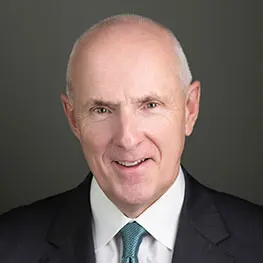
President & Chief Executive Officer

Vice President

Senior Vice President & Chief Consumer & Brand Officer

Vice President and Cief Medical & Quality Officer
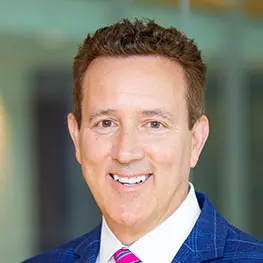
Senior Vice President and Chief Operating Officer
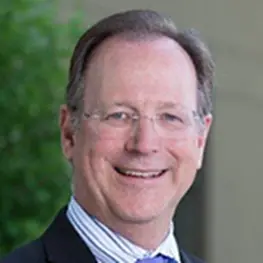
Chief Physician Executive
Accreditations

The Joint Commission, formerly known as JCAHO, is a nonprofit organization that accredits rehab organizations and programs. Founded in 1951, the Joint Commision's mission is to improve the quality of patient care and demonstrating the quality of patient care.
Joint Commission Accreditation: Yes
Contact Information
1501 Trousdale Drive
Burlingame, CA 94010
